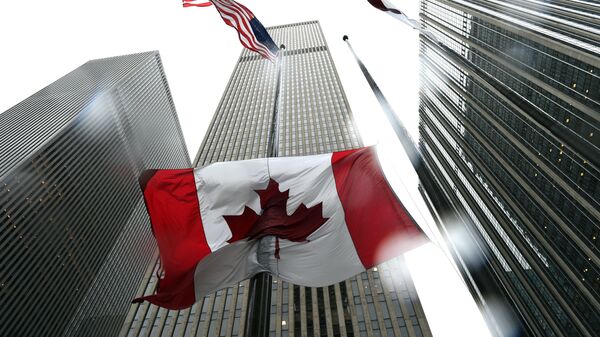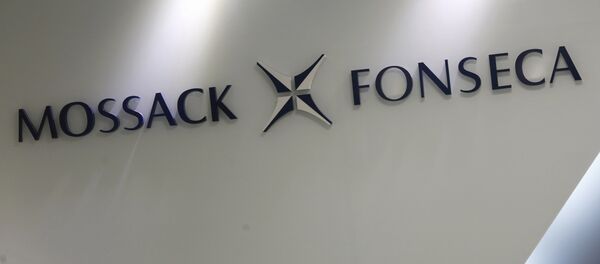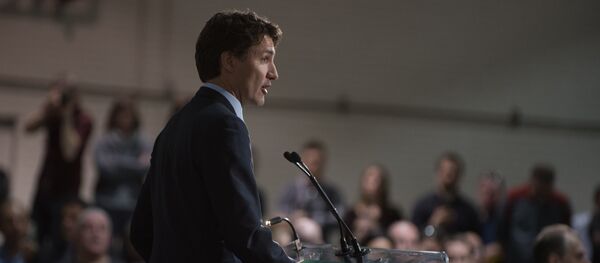According to the investigation, one of Canada's key features is its near-perfect business reputation, as any company registered in Canada is naturally assumed to be law-abiding.
Another key feature is national tax legislation that allows companies to keep the real names of owners secret, instead hiring a phony director who simply provides a face.
Also, several Canadian provinces allow the registering of a certain type of company, called a limited partnership, that does not have to pay taxes if the company's owners do not live in the country.
Canada has tax agreements with 115 foreign countries, more than any other country in the world, making moving money in and out of the country a simple matter.
As such, the country is not generally used as a place to park ill-gotten gains, but rather as a middle point, where dirty money becomes clean, in a process that Toronto tax lawyer Jonathan Garbutt refers to as "snow washing."
"You got this entity that's in Canada, [and] banks or other parties in other countries are going to presume that it's legitimate and OK because it's Canadian — pure as the driven snow of the Great White North," he said, cited by Toronto Star/CBC. "They are trying to pretend that it's Canadian when it's really not."
"It's like the ultimate tax haven entity in the world," said Mark Morris, an independent tax consultant based in Zurich. "Everyone loves Canadian [limited partnerships] because they're not viewed as a tax haven."
When Mossack Fonseca first investigated tax legislation in Canada, it discovered that a company registered in the country must pay taxes to the Canada Revenue Agency. Mossack representatives offered a risky solution:
"Every single year, [the companies] just submit the annual return and annual income declaration with false information, just writing that the Canada company DID NOT HAVE ACTIVITIES," Ramses Owens, Mossack Fonseca's managing director in Panama, wrote in an internal letter to colleagues.
"It is impossible for the Canada revenue governmental system to look into such information for every single company formed in Canada…This is risky, but we will try to provide the service," he added.
Mossack is not the only ‘corporate service provider' operating in Canada, however. Toronto Star and CBC identified over two-dozen companies offering their services to assist corporations and private individuals in creating a tax-evasion proxy entity that could enjoy Ottawa's brilliant reputation.
Canada also has a mild justice system, with regard to white-collar crime, according to Chris Mathers, a former RCMP officer who worked undercover on money-laundering cases.
"If you launder money in Canada and get caught, [Financial Transactions and Reports Analysis Centre of Canada] suspends your golf membership. No one goes to jail in Canada for even the most significant financial crimes."
"Things you'd do 20 years for in the US, you might get a fine in Canada and that's not lost on criminals," Mathers said.
According to The Star, Canada's Federal Finance Minister Bill Morneau commented on the issue in a formal statement.
"We as a government, and I personally, am committed to making progress on ensuring that we are not providing any haven for any inappropriate activities and that we're having companies and individuals paying the share of tax that should be due," Morneau said.




